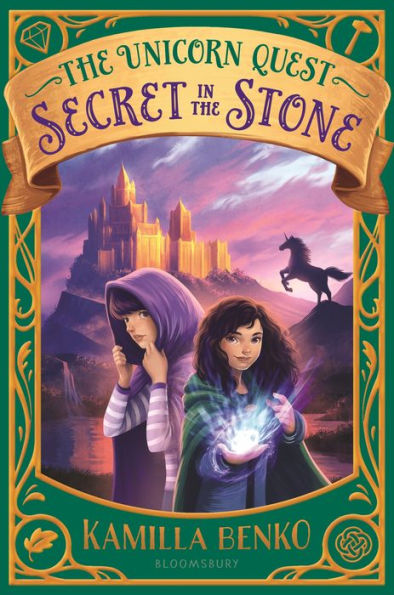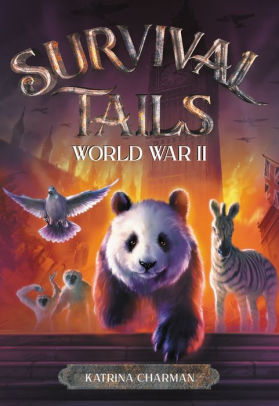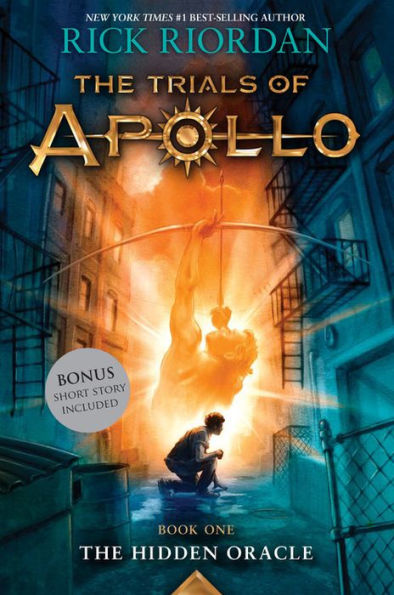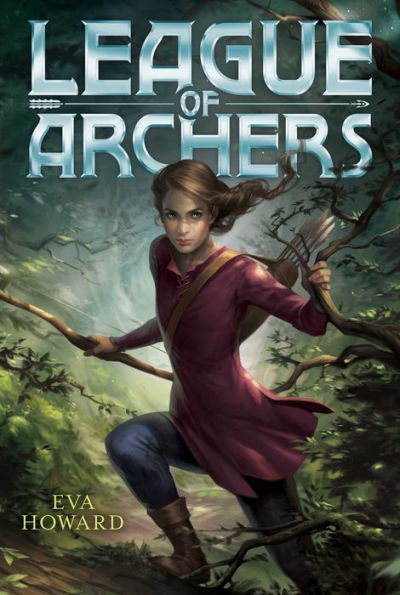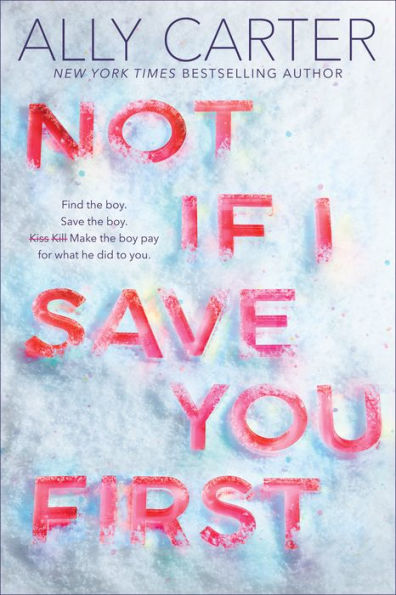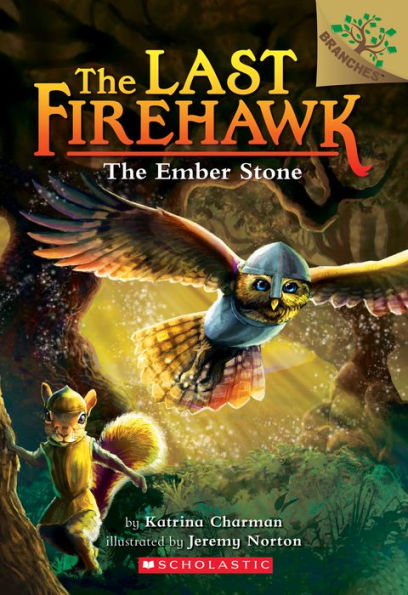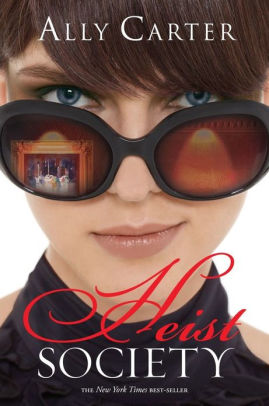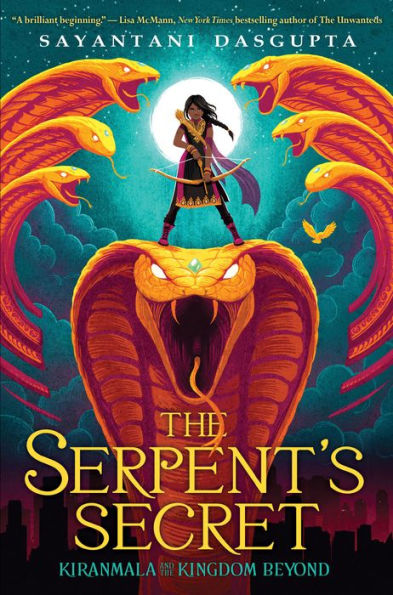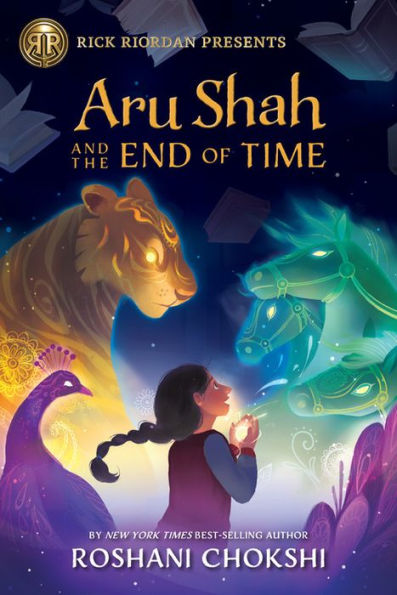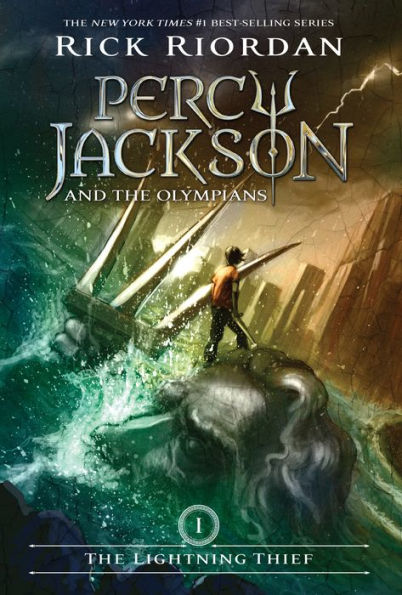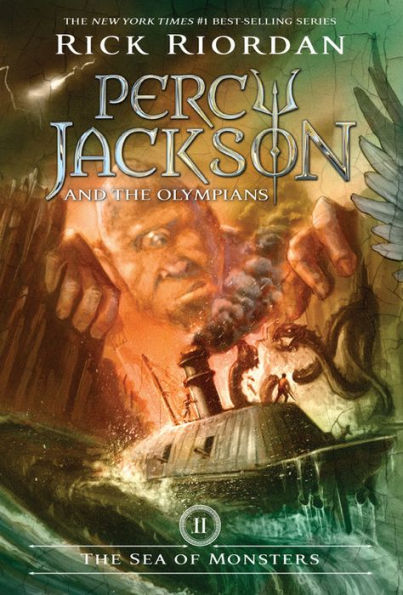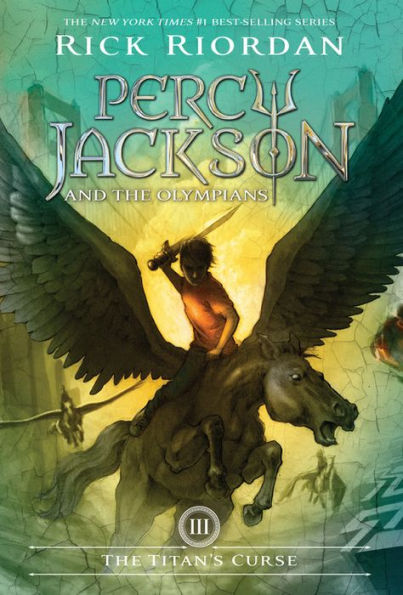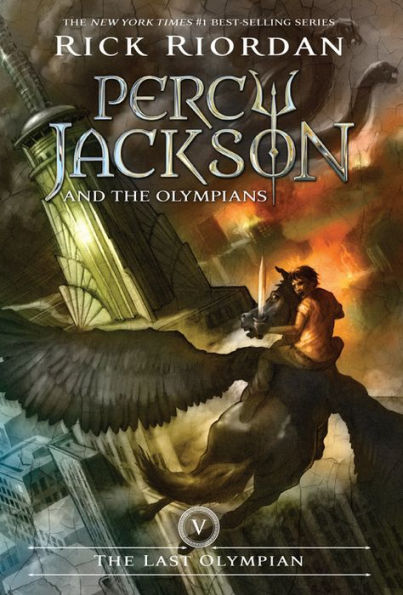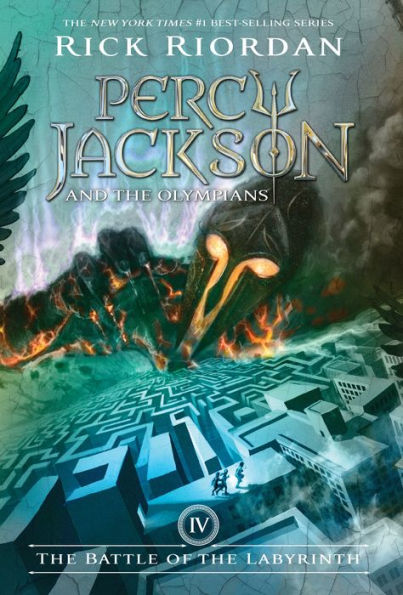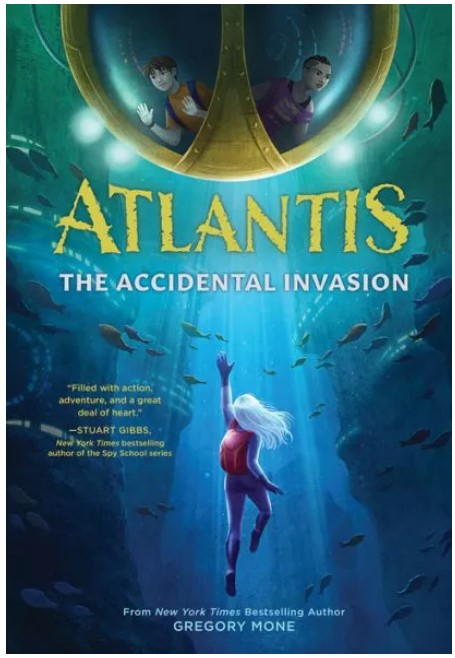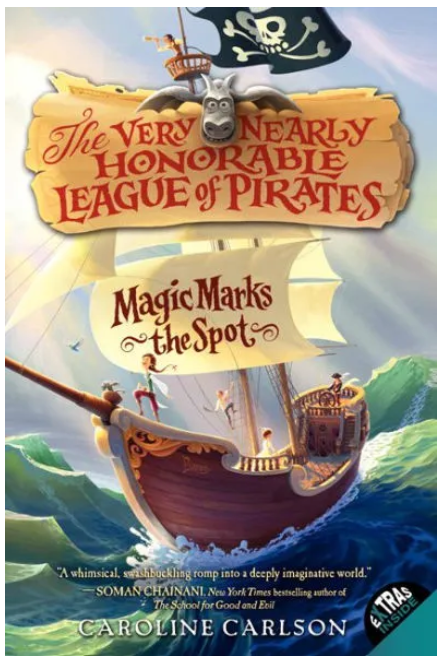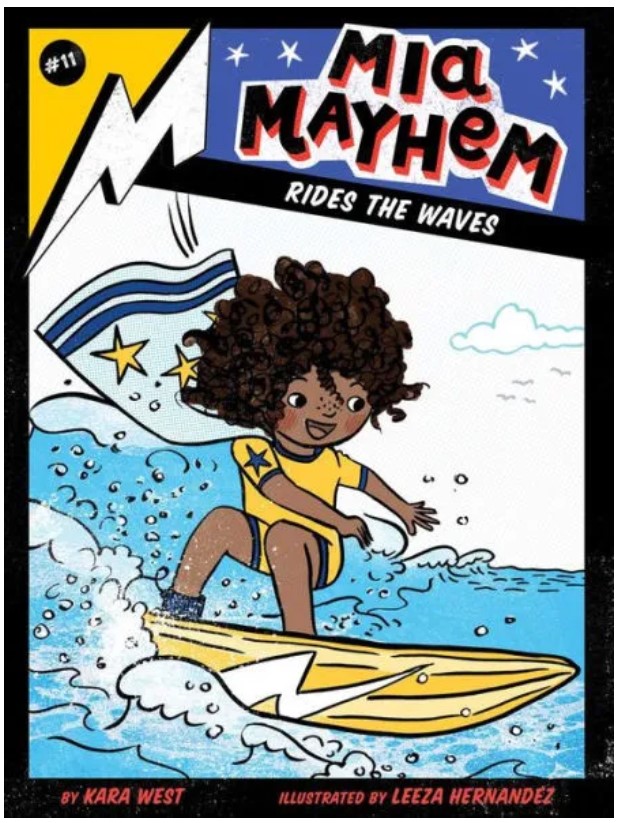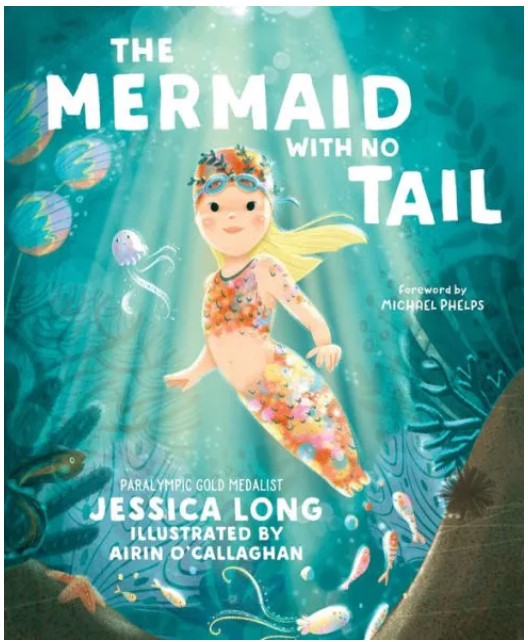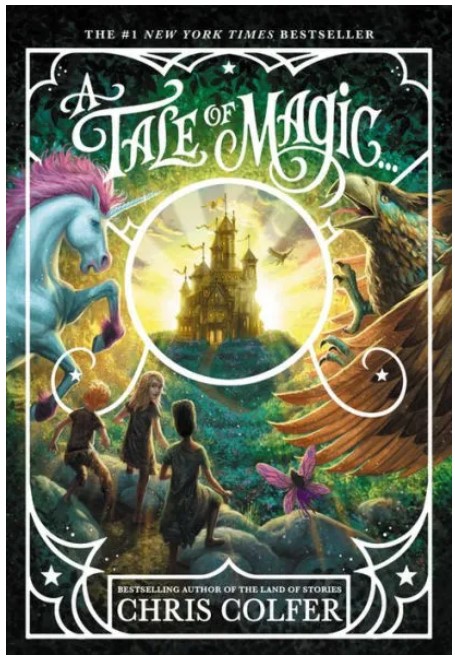Claire and her older sister, Sophie, never imagined that climbing a ladder in a fireplace would take them to another world—Arden. Arden used to be a land of unicorns and magic. Now, the unicorns and the great guardians of magic have disappeared. The sisters, the only descendants of Arden’s royal family, can bring all the unicorns back.
Claire doesn’t think Sophie should be the heir—Sophie is the brave one, but Sophie lacks magic. The two sisters travel to Stonehaven, a Gemmer school on Starscrape Mountain, where Sophie hopes to learn how to be Arden’s heir and harness the magic of stone. The fate of Arden relies on Sophie learning how to wake the legendary moontears and bring back the unicorns. As Claire and Sophie make the treacherous trek to bring back the unicorns, they realize that some allies are traitors in disguise. With danger lurking around every corner, can the sisters unlock the secret of the unicorns before it’s too late?
Secret in the Stone focuses on the complicated sibling relationship between Claire and Sophie. Claire feels inferior to Sophie, who always acts brave, confident, and decisive. Like many siblings, Claire and Sophie do not have a calm relationship, instead they argue and fight. At one point Claire tells Sophie, “I hate you!” However, as soon as Sophie needs her, Claire jumps into danger to help her. The story highlights the girls’ love for each other and their willingness to help each other at all costs.
The story weaves in background information from The Unicorn Quest, which helps the reader keep track of the important events that happened in the previous book. Like the previous book, Secret in the Stone builds an intriguing world that revolves around warring guild villages. The story has a vast cast of characters, many of which only appear for a brief period; this may confuse some readers.
Several themes run throughout the book. Readers will learn the dangers of making assumptions about other people as well as the importance of forgiving each other. Another theme the book reinforces is the importance of thinking about how your actions affect others. Often, even when the characters have good intentions, their actions lead to negative consequences. The story also shows that when evil exists, people must face it. When Claire meets a neutral village, she tells the leader, “It’s not fair—you can’t just keep your eyes shut when the world around you is falling apart! You have to do something! What kind of a safe place is this if you’re ignoring the real problems Arden is facing?”
Secret in the Stone is an engaging story that will keep readers turning the pages. However, the book is a stepping stone to book three. The story doesn’t resolve any of the conflicts but rather sets the story up for the next book. Readers who expect a book about unicorns will be disappointed because unicorns never appear in the story. Secret in the Stone will delight readers who want to enter a world of magic; however, readers must read The Unicorn Quest first. Readers who enjoy Secret in Stone should add the Sisters of Glass series to their reading list because the book also takes readers to a captivating world where magic exists.
Sexual Content
- None
Violence
- A stone knight comes to life. When it comes close, Sophie swings a “dagger at the stone leg, sparks flying as the blade scraped rock. The knight paused, as though confused about the tiny thing near its feet making such a big fuss. He gave the nuisance a kick, and the dagger spun through the air as Sophie fell on her side.” Before the girls could run, the knight paused, and “slowly the knight unfolded from his crouched position, and rose to a towering height.” The knight then bows to Claire and Sophie.
- A scholar tells Claire a story about a father who sacrificed his daughter. The king “took his ailing daughter to a glade, and slipped a dagger into his only daughter’s heart. And as her royal red blood spilled onto the grass, a unicorn did finally appear. . . He placed his horn to the daughter’s heart.” The girl then transformed into a unicorn.
- Claire and Sophie discover that Anvil and Aquila Malchain have been frozen into statues. “Anvil’s ax was raised above his head, looking as if he were about to chop something, his face snarled in an expression of rage. Aquila’s grandmother’s bun had unraveled, and her gray hair streamed out behind her as if she had been running, one hand gripping a knife while the other was clenched into a fist.” A Gemmer had turned their blood to rubies.
- When a wraith attacks Claire, “a thick darkness flooded all of Claire’s senses—her ears, eyes, nose, mouth. The cold wasn’t just the cold of a winter’s night or the cold of a northern ocean. It was the cold that belonged to those alien, barren stretches of space. It was a cold that wrapped. That suffocated. That dragged her under.” Sophie helps Claire when she “just poked it [the wraith] and it ran, like shadows before light.”
- Wraiths attack Claire and Sophie. Before they are hurt, riders appear. “Ropes of light crisscrossed across the night sky then snagged on the monsters, pushing them back, pulling them down. . . Each time a rope hit one, it’d scream and rear back.” The riders take Claire.
- When Claire is taken to a secret village, a man traps her. The man “snapped his fingers and Claire was swept up into the air. The world swung back and forth as a thick net scooped her up into its valley. Its loose edges wove themselves together quickly, anchoring her to the ceiling above. She was trapped in a rope cage.” Sophie saves Claire.
- When Claire and Sophie try to leave the hidden city, a tree root captures her. The root “reached for her ankle and wrapped around it. . .” Someone helps Claire escape the root.
- A girl is found guilty of stealing and is sentenced to death.
- A water plant “drifts around the lake like an animal. It’s called a Gelatinous Fish.” The Gelatinous Fish grabs Claire. Claire “felt what seemed to be rubbery tentacles, or lake weed, wrapping around her ankle, pulling her back into the deeper waters. . . The pain intensified. Black dots swarmed the edges of her vision. The passageway darkened. . .” Someone uses light to chase the fish away.
Drugs and Alcohol
- None
Language
- None
Supernatural
- Someone gives Claire and Sophie a Kompass that is “a rare magic known only to the Malchain family that always pointed toward the one person or thing it was forged to find. In this particular case, it was Aquila.”
- Claire and Sophie find a ladder in a fireplace. When they climb the ladder, they end up in Arden—a world where magic is real.
- In Arden, there are four guilds of magic. Forgers work with metal, Gemmers work with rocks and gems, Spinners weave magic from thread, and Tillers work with all that grows from the earth. “Our magic, guild magic, only extends to what’s around us. . . The magic doesn’t come from within us, but from the things around us—plants, rocks, thread, metal. All we do is encourage the magic that naturally exists in those things, to make plants grow bigger and faster and stronger, for instance.”
- In Arden, people are able to use magic, but “the only magic we have isn’t really magic at all. It’s just the ability to see the potential in each block of stone, medallion of metal, loop of thread, or seed. If someone doesn’t have magic, I think it’s just because she hasn’t learned enough about herself yet.”
- Wraiths are dangerous creatures that kill humans. Claire describes a wraith as “big and dark and cold. It kind of looked like a skeleton wrapped in shadows.”
- When Claire uses her Gemmer magic, it feels like a “buzz in her bones—a slight tingle that felt like her fingers were going asleep.”
- A group uses magic to hide an entire village.
- Sophie uses magic to make a cloak fly. Sophie and several others use cloaks to escape.
- While trying to help a friend, Claire and her group run into Thorn, a boy they know. As they are traveling, Nett falls because “wrapped around his ankle was the thin end of a whip, its handle clutched in Thorn’s fist. Thorn gave a slight tug to the whip, and the first foot or so of the cord broke off on its own, binding Nett’s ankles together. . . He cracked the whip in Claire’s direction. She yelped; she felt the cord rush by her, coiling into a mini-Thornado above her head before dropping down.” Sophie uses her magic to free her friends and bind Thorn. “The whip had wrapped carefully around Thorn, binding him mummy-like from his feet and ending right below his nose—allowing him to breathe, but not giving him a chance to yell for help.”
- An old fortress has Mesmerizing Opals. If people look at the light of the opals, “they would become entranced by the stone and would be no better than puppets, their minds numb and unable to think for themselves.”
Spiritual Content
- None
